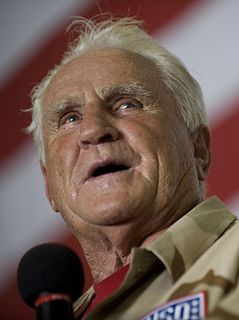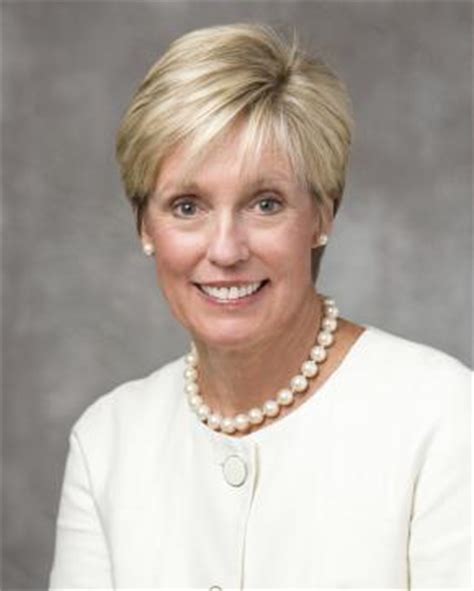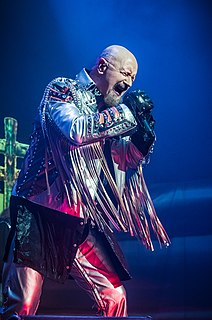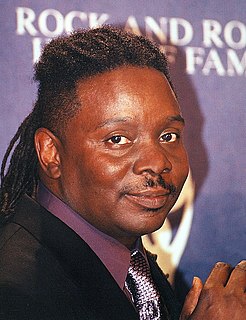A Quote by Trombone Shorty
We have to let the younger generations take our music - and approach it the way they want - but just teach them where it all comes from.
Related Quotes
My approach is not a scientific approach. For that, we have greater minds than mine. My approach is: I am in the possession of a text, it has survived so many centuries, and it is my task, my pleasure, to try to decipher it and find all the things that have been said about these few words by generations and generations of commentators. That is what I'm doing. I don't innovate anything. I'm just repeating.
My work to me is more like what the Native Americans say: When we walk upon the earth, we always place our feet very carefully upon the ground, because we know the faces of our future generations are looking up at us from below, and we never forget them. I think as a culture today we've forgotten them. This work is a way to help us remember them. It's a way for us not only to find meaning in our individual lives, but to extend that approach all across the planet. Because if we don't, we won't have a planet.
The world will teach our children if we do not, and children are capable of learning all the world will teach them at a very young age. What we want them to know five years from now needs to be part of our conversation with them today. Teach them in every circumstance; let every dilemma, every consequence, every trial that they may face provide an opportunity to teach them how to hold on to gospel truths.
Our approach is to think of companies not as businesses but as collections of people. We [Apple]want to qualitatively change the way people work. We don't just want to help them do word processing faster or add numbers faster. We want to change the way they can communicate with one another. We're seeing less paper flying around and more quality of communication.
Why do we tell stories? It's because we want to connect to people, we want to tell them who we are, we want to tell them a story that affects us, that impacts us. And to help a young filmmaker doing a short or independent film is my testament, I think, is my desire to really make sure that our younger generations get passed along all the elders' experience and to literally have the image - to literally carry them on their shoulders and say, 'This is what the world is. This is how the world operates. Let me show you how.'




































